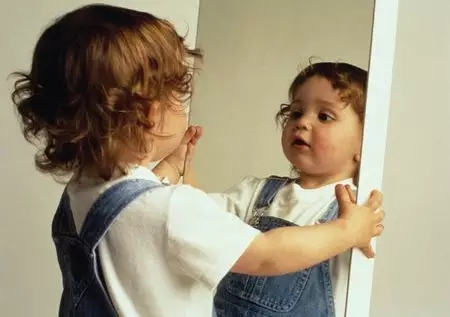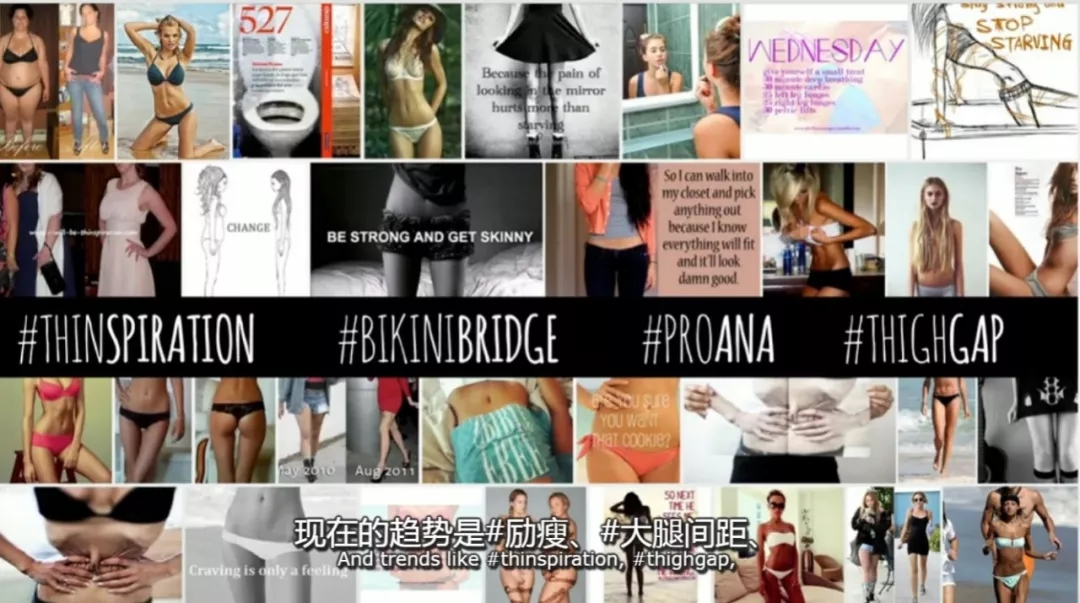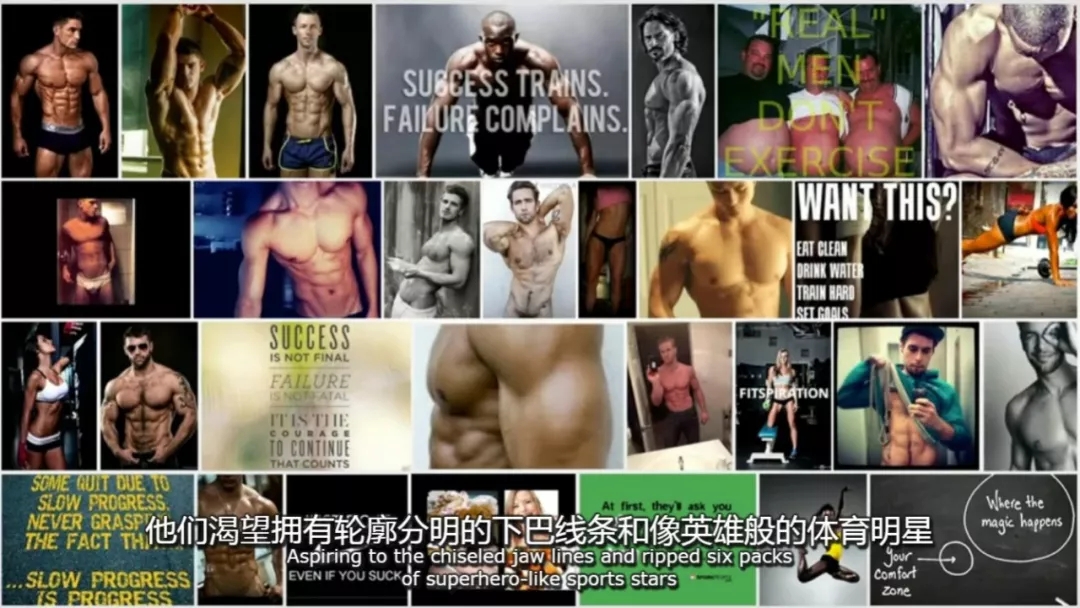人人都有爱美之心,就连几岁的小孩子也会经常欣赏镜子里的自己。可是当我们逐渐长大,有些人就不那么愿意照镜子了,甚至觉得自己很丑……
这种想法会带来哪些消极影响?又该如何改变呢?
Meaghan Ramsey在Ted演讲中对此进行了阐述:
从镜子里看心态变化Meaghan Ramsey先描绘了自己的侄女照镜子的可爱画面:

One of her favorite things to do at the moment is to stare at herself in the mirror. She absolutely loves her reflection. She giggles and squeals, and gives herself these big, wet kisses. It is beautiful.
当前她最喜欢做的事情就是盯着镜子里的自己。她非常喜欢自己在镜中的样子。她咯咯笑着、叫着,然后给了镜中的自己大大的、湿乎乎的吻。太美好了。
giggle 傻笑,咯咯笑
squeal 尖叫,大叫
小时候,好像我们都喜欢照镜子,那是从什么时候开始突然就不喜欢自己的长相了呢?
青少年对相貌的基本认知情况
法耶是一位13岁的女孩,她的妈妈说她很漂亮,而学校里有人说她丑,于是她给自己拍了一段视频并放到了YouTube上,然后她让大家来评论: “我长得漂亮还是难看?”

然后,她收到了1万3千多条评论,有很多人用恶毒的语言告诉她,她非常丑!

This is an average, healthy-looking teenage girl receiving this feedback at one of the most emotionally vulnerable times in her life.
这是一个普通的、看上去很健康的少女在她人生中情感最脆弱的时刻收到的回复。
而像这样的视频,在Youtube上还有无数个……

如今的社会环境,无论网络上还是现实中,都在强化对女性的刻板印象。

These trends are teamed with the stereotyping and flagrant objectification of women in today's popular culture. It is not hard to see what girls are benchmarking themselves against.
这些趋势将刻板印象和流行文化中对女性的公然物化相结合。在这种影响下,不难看出女孩子们都是以什么为标准来衡量自己。
男孩也一样……

In an image-obsessed culture, we are training our kids to spend more time and mental effort on their appearance at the expense of all of the other aspects of their identities.
在这样一个对相貌着迷的文化中,我们正训练我们的孩子将更多时间和精力花在外貌上,而忽视了对其他方面的身份的建设。
Meaghan以数字说话:
10个女孩中有6个会因为她们觉得自己不够好看,而不去做某事。
有31%,也就是说将近三分之一的青少年会从课堂辩论中退出。他们退出是因为不想让别人注意到他们的长相。
有五分之一的青少年在感觉自己不够好看的时候,甚至都不会在班级里露面。
认为自己丑的负面影响
值得一提的是,这里说的是你所认为的自己的长相,而不是你的真实长相。
对自己相貌的信心不足会产生哪些负面影响呢?
学习
Low body confidence is undermining academic achievement.
过低的形体自信会妨碍学习上的进步。
undermine 破坏
身体健康
It's also damaging health.
这也会损害健康。
Teenagers with low body confidence do less physical activity, eat less fruits and vegetables, partake in more unhealthy weight control practices that can lead to eating disorders.
那些对自己身体信心不足的青少年会更少参加体育活动,吃的水果和蔬菜也更少,他们更多地做一些不健康的可能导致饮食失调的控制体重的行为。
They have lower self-esteem. They're more easily influenced by people around them and they're at greater risk of depression.
他们的自尊心也更低。他们更容易受到周围人的影响,并且有更高的抑郁风险。
职业发展
Women who think they're overweight have higher rates of absenteeism.
那些认为自己超重的女性会有更高的缺勤率。
Seventeen percent of women would not show up to a job interview on a day when they weren't feeling confident about the way that they look.
17%的女性会因为某天感觉对自己的长相不自信而不去参加那天的面试。
如何改善这一状况
让我们根据一个人的所做所为而不是长相去评判这个人吧。
我们可以从小事做起,对我们发布在社交网络上的图片和评论担起责任,基于人们的努力和行动去赞美他们而不是他们的相貌。
Ultimately, we need to work together as communities, as governments and as businesses to really change this culture of ours so that our kids grow up valuing their whole selves, valuing individuality, diversity, inclusion.
最终,我们需要跟社区、政府和企业一起努力去改变我们的这些文化,这样我们的孩子才能在成长中获得完整的自我,重视个性、多元和包容。
We need to put the people that are making a real difference on our pedestals, making a difference in the real world. Giving them the airtime, because only then will we create a different world, a world where our kids are free to become the best versions of themselves, where the way they think they look never holds them back from being who they are or achieving what they want in life.
我们要把那些正在改变现状的人置于更崇高的地位,让他们去改变真实的世界。给他们更多出镜和曝光的时间,因为只有这样我们才能创造一个不同的世界。在这个世界里,我们的孩子可以自由地成为最好的自己,他们不再因长相而阻碍自己成为他们想要成为的人,大胆去获得他们想要的人生!
whole selves 完整的自我
inclusion 包容
pedestal ['p d stl] 基础;基架,基座
airtime 电影或电视节目开始的时间
所以,不要再说自己丑了!让我们从自己做起,一起来改变这种状况。
(来源:中国日报双语新闻编辑部)
